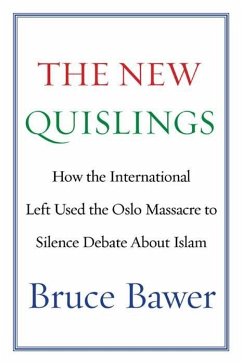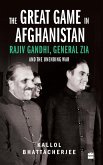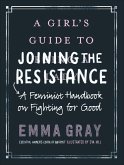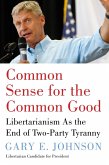One of those critics was American writer Bruce Bawer, author of numerous books about the threat of Islamic radicalism and one of those whose works were cited in Breivik's manifesto. Bawer has lived in Oslo for many years and has written extensively on the challenges of immigration and the negative effects of radical Islam on liberal societies. He is also a vocal critic of the left wing cultural elite that seeks to minimize this threat and promotes instead a vision of a harmonious multicultural society based on tolerance and mutual respect. Unfortunately, such tolerance does not extend to critics of Islam or multiculturalism, who are routinely labeled nativists and fascists by members of the left wing elite.
The left typically denies or downplays the religious motives of Islamic terrorists while insisting that right wing rhetoric creates a climate of hate which necessarily leads to violence. Thus the multicultural left in Europe and the US strove to paint Breivik as a pro-Israel Christian terrorist whose insane actions were encouraged if not outright motivated by conservative authors who warn against the impending Islamization of Europe. Those who had criticized Islam, however legitimately concerned they might be with the denial of basic human rights and individual liberties within Muslim communities, were deemed officially anathema. They were Islamophobesracists, bigots, extremists. They were the danger. They were the threat. They had fertilized the soil in which the mass murderer had grown. This campaign of vilification was waged not just in the European press but on American blogs and in the pages of the New York Times.
In The New Quislings, Bruce Bawer explores the world-wide response to Breivik's rampage, from the Norwegian cultural elite to Atlantic blogger Andrew Sullivan and the New York Times' Roger Cohen. He provides a fascinating portrait of the left-wing cultural elite in Norwayrevealed to be the birthplace of political correctnessand shows how they have become apologists for radical Islam. Bawer further argues that they are the heirs of Vidkun Quisling, the Norwegian fascist who administered Norway under the heel of the Nazi regime. And he explains how those who oppose open debate and seek to control the conversation about Islam pose the greatest threat to liberal society.
Dieser Download kann aus rechtlichen Gründen nur mit Rechnungsadresse in A, B, BG, CY, CZ, D, DK, EW, E, FIN, F, GR, HR, H, IRL, I, LT, L, LR, M, NL, PL, P, R, S, SLO, SK ausgeliefert werden.









